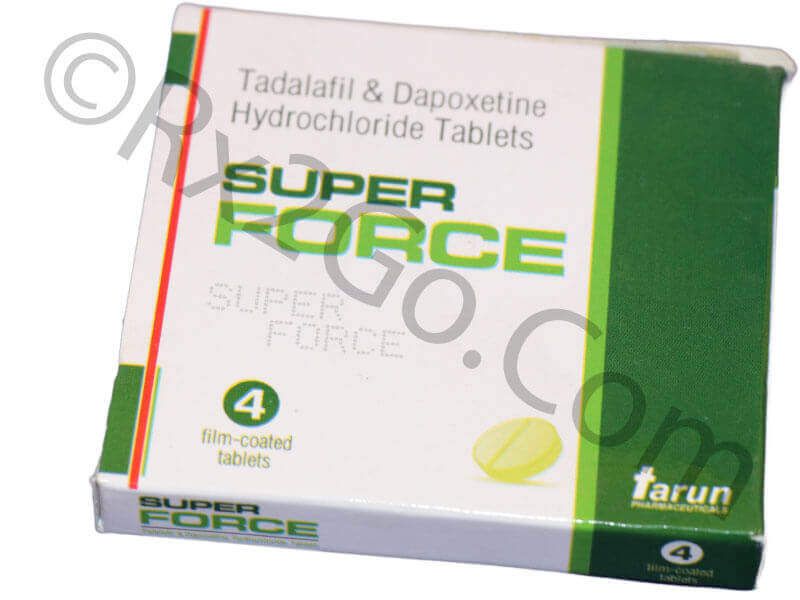The Best Treatment for Enlarged Prostate

An enlarged prostate is an increase in the size of the prostate. It is very common in men over the age of 50. Not all men with an enlarged prostate get symptoms. But as the prostate grows, it presses on the outside of the urethra which causes the urethra to be narrow. This slows down or sometimes even stops the flow of urine when you try to urinate.
What Causes An Enlarged Prostate?
- Hormone levels – the balance of hormones in your body changes as you get older. This may cause your prostate to grow.
- Age – Your risk of having an enlarged prostate increases as you get older. Many men aged 50 or over have an enlarged prostate, but they don’t all get symptoms. Some men have symptoms that don’t bother them.
Risk Factors for an Enlarged Prostate
- Family history – having a blood relative with prostate problems means you’re more likely to have problems.
- Aging – the condition rarely causes signs and symptoms in men younger than age 40. About one-third of men experience moderate to severe symptoms by age 60 and about half do so by age 80.
- Heart disease and diabetes – studies show that diabetes, as well as heart disease and the use of beta-blockers, might increase the risk of an enlarged prostate.
- Lifestyle – being obese increases the risk of enlarged prostate while exercise can lower your risk.

Symptoms of Enlarged Prostate
Possible symptoms of an enlarged prostate may include:
- A feeling that your bladder hasn’t emptied properly
- A weak flow when you urinate
- Dribbling urine after you finish urinating
- Needing to urinate more often, especially at night
- Difficulty starting to urinate
- A sudden urge to urinate – you may sometimes leak before you get to the toilet.
Diagnosis for Enlarged Prostate
Your doctor will ask a detailed question about your symptoms. Some of the initial assessments may include:
- Blood test
- Urine test
- Digital rectal exam
- Prostate-specific antigen (PSA) blood test
Your doctor might recommend an additional test to help confirm an enlarged prostate and rule out other conditions. This includes a urinary flow test.
If your condition is more complex, your doctor may recommend:
- Cystoscopy
- Urodynamic and pressure-flow studies
- Prostate biopsy
- Transrectal ultrasound
Treatment for Enlarged Prostate
Treatment options for Enlarged Prostate may include:
- Medications
- Lifestyle changes
- Surgery
- Minimally invasive procedures
A health care provider treats benign prostatic hyperplasia based on the severity of symptoms, how much the symptoms affect a man’s daily life, and a man’s preferences.

Medications for Enlarged Prostate
A health care provider or urologist may prescribe medications that stop the growth of or shrink the prostate or reduce symptoms associated with benign prostatic hyperplasia:
1. Phosphodiesterase-5 inhibitors
- Tadalafil (Cialis)
2. Alpha blockers
- Tamsulosin (Flomax)
- Alfuzosin (Uroxatral)
- Silodosin (Rapaflo)
- Terazosin (Hytrin)
- Doxazosin (Cardura)
3. 5-alpha reductase inhibitors
- Dutasteride (Avodart)
- Finasteride (Proscar)
4. Combination medications
- Finasteride and Doxazosin
- Alpha-Blockers and Antimuscarinics



